![]()
ebooks sold on reseller sites often have unnecessary price mark-ups, so I prefer to provide ebook downloads directly from my blog site at reduced prices, where I get more income too, so it is a win-win situation for author and reader! Plus, there are 3 downloads allowed, so new editions can be downloaded later.
Note that all paperbacks that can be ordered from Lulu support this open-source publisher, and give the maximum income to the author. Paperback resellers, rather than publishers, like Amazon and Apple Books, are only really interested in their profits, so authors often get short-changed!
The following books written by Philip R Holland are available through this blog site. Click the price links for more information:
| Title | Paperback price (GBP) | ebook* price (GBP) | Download price (GBP) | Pages |
| “SAS Programming Experiences” (2024) | £18.25 | £7.50 (PDF) | £7.00 (PDF) | 270 |
| “Altair SLC” (2024) | £10.25 | £5.50 (PDF) | £5.00 (PDF) | 104 |
| “SAS Programming and Data Visualization Techniques” (2015) | around £45, but prices can vary across reseller platforms | around £40 (Kindle, PDF, ePub), but prices can vary across reseller platforms | 245 | |
| “Power User’s Guide to SAS Graph Templates” (2013) | £3.75 (PDF) | £3.00 (PDF) | 109 | |
| “Power User’s Guide to SAS Programming” (2011) | £3.50 (PDF) £3.00 (ePub) | £3.00 (PDF) | 90 | |
| “Saving Time and Money using SAS” (2007) | £7.50 (PDF) | 242 |
* Please note that code can only be copied from PDF ebooks!
Check out the Book Table to see all of the books about SAS programming there.
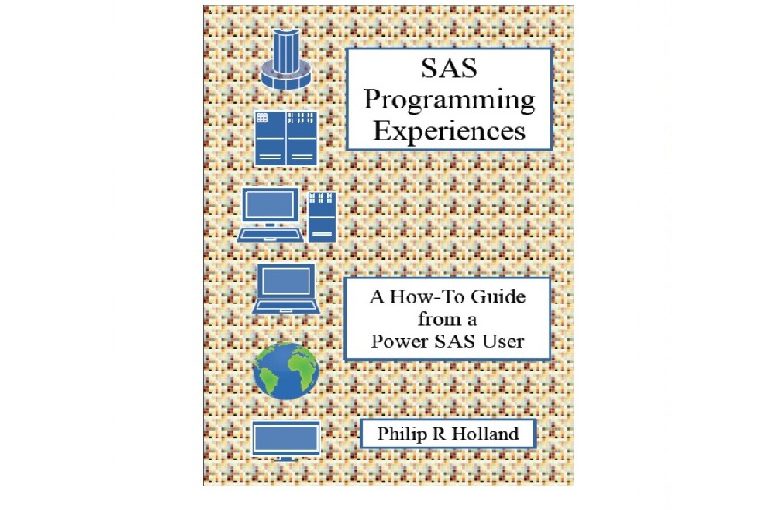
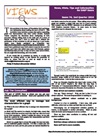
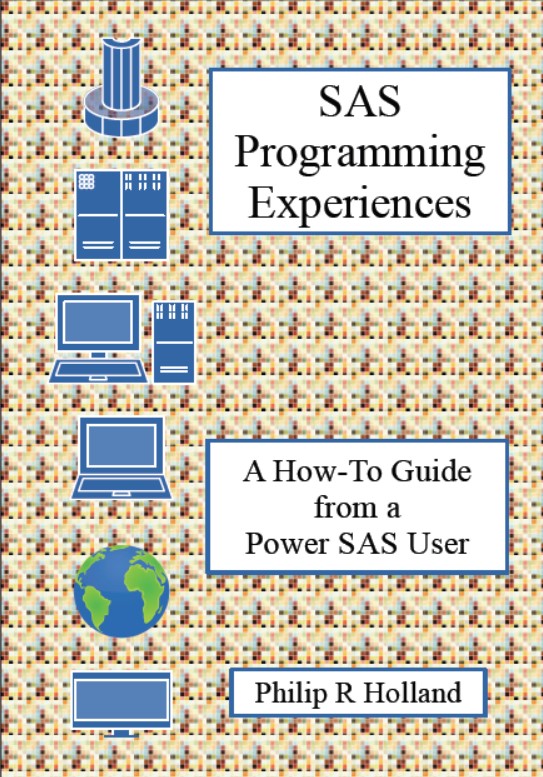
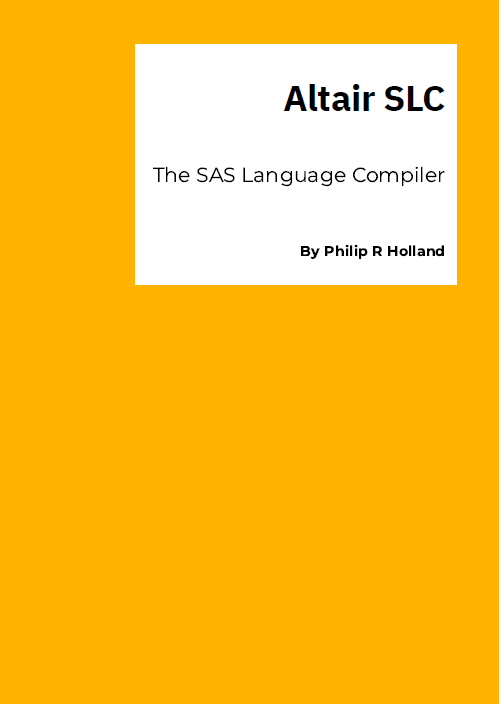
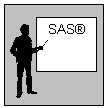
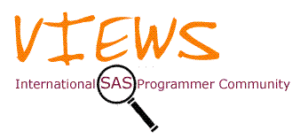
You must be logged in to post a comment.